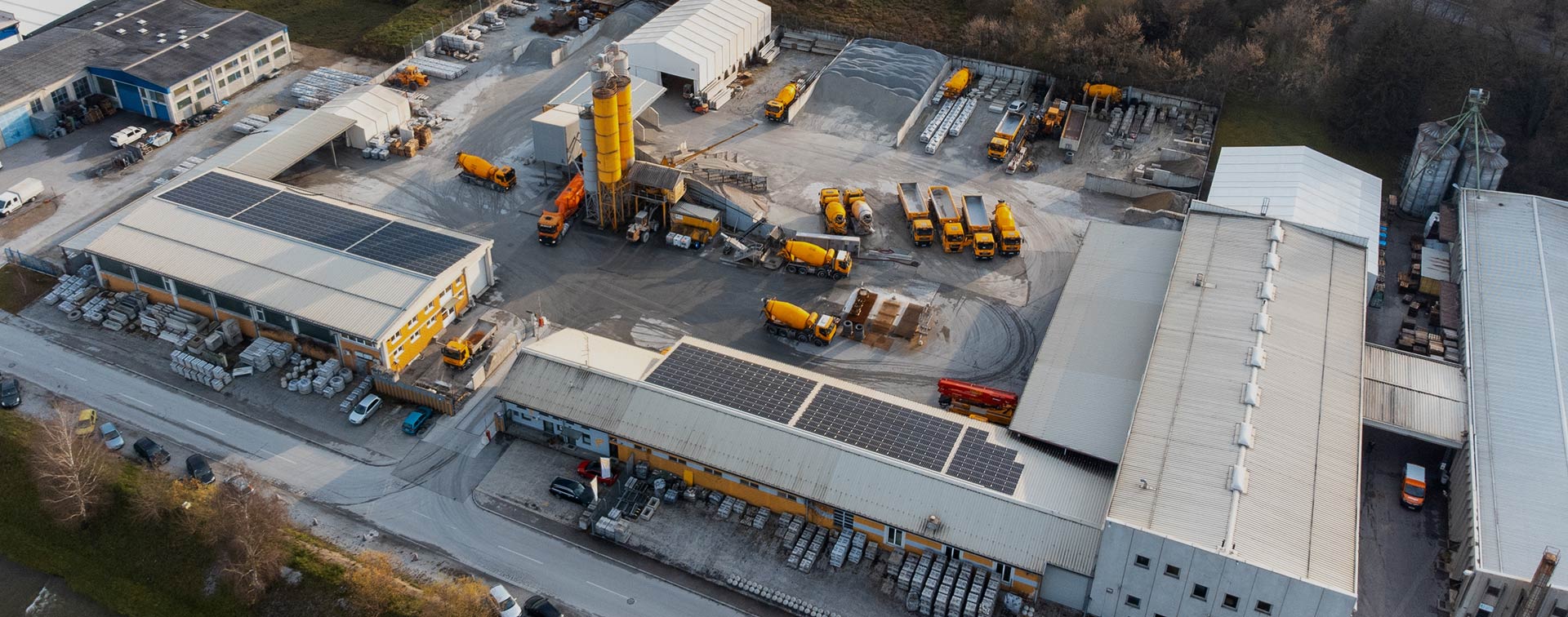With surging inflation, upwards wages pressure and economists forecasting a 50% chance for recession, how does a small-to-medium-sized business (SMB) owner in Australia make an informed decision about whether or not to increase their prices?
The business case for increasing prices
Inflation refers to an increase in the cost of household expenditure. As of Q4 FYE22, inflation was estimated at 5.1%. As a consumer spending indicator, it may not directly correlate to an increase in costs for your business. However, due to inflationary pressures, the Reserve Bank of Australia (RBA) has already increased lending rates to flatten spending by diverting income to paying off loans.
The combined impact of increased interest payments and devaluation of savings and disposable income through inflation places upwards pressure on wages as employees seek either salary raises from their existing employer or higher-paid employment elsewhere.
Additionally, the increase in costs due to pandemic disruptions to both international and domestic supply chains, along with higher fuel costs due to the war in Ukraine and a weakening Australian dollar, all mean that gross product margins are under major pressure.
The rapid economic growth we have seen in Australia as we exit lockdowns has led to a historically low employment rate of 3.5%. Growth plus low immigration over the last three years make it harder for SMBs to compete for workers, which in turn increases labour costs.
Supply chain businesses are subject to the triple whammy of higher finance rates, labour costs and cost of goods. These systemic costs that increase in real terms must then be passed onto the customer, otherwise we go out of business. Case in point: the weekly announcements of construction businesses going under due to fixed price contracts, regardless of supply issues.
The business case against increasing prices
When cost increases are transitory, such as fuel or exchange rates, then the case for increasing prices may not be so straightforward. You may have heard the term ‘transitory inflation period’ due to the COVID pandemic. It’s an interesting debate as the modern global economy has never before experienced a synchronised lockdown coupled with quantitative easing. The consensus among financial experts seems to be that this inflationary period is the result of over-stimulus during the pandemic and that once economies stabilise, inflation will ease. Recession is the business cycle that shall not be named. As inflationary pressures increase, central banks worldwide are at risk of slamming on the brakes too hard, which may result in us entering “the recession we had to have” – in the words of Paul Keating from 1990, the last time we experienced a recession in Australia. A recession involves a dip in gross domestic product (GDP) for two consecutive quarters that may take Australia years to climb out of if it does come our way. So, if we believe that drivers of inflation are supply chain disruption, the impact of the Ukraine war and over-stimulus during the pandemic lockdowns, the argument is that once these transition shocks have been resolved, economic growth will stabilise. The reaction to current market conditions might be an overcorrection. If we believe a downturn is on the near horizon, then we may want to consolidate our business, mitigate risk and lock customers into supply arrangements with favourable terms that factor in the recession now while our competitors are increasing prices around us.Conclusion
If your operational costs are going up for your SMB, it is highly likely that your competitors are experiencing the same pressures. Passing on the cost increase to customers in this scenario needs to happen rapidly before your margins are even further eroded and your business gets into trouble before you know it. If we are heading into a recession, then streamlining operations, maximising customer value and providing an exceptional customer experience, as well as capitalising on opportunities created by failing competitors, is the approach we need to take. If possible, lock customers into long-term supply agreements with favourable terms to get through the recession before it starts. Regardless of whether or not a recession hits, this is good practice to keep in mind. Hopefully, we’ve provided you with some valuable takeaways from this post. Please follow or subscribe to receive more Klugo Briefing Posts in future.About Klugo
NetSuite + NextService
Klugo’s vision is to unlock the full operating potential of our customers to maximise the value of their business. We do this by helping our customers achieve operating excellence using NetSuite + NextService, the world-leading cloud ERP and FSM business platform for small-to-medium-sized businesses.Feel free to call an expert in operational excellence today. Find out how cloud-based technology can support and quickly adapt to your growth strategies.


